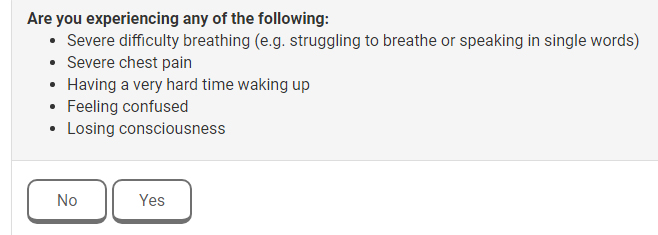Sunday September 13, 2020 | SOUTH VANCOUVER ISLAND
by Mary P Brooke, Editor | Island Social Trends
Due to forest fires in the northwestern United States including California, Washington State and Oregon, there have been smoky skies over most of southern BC — including all of Vancouver Island — from even before heavy smoky skies on Friday September 11 and still now into Sunday September 13.
Environment Canada showed still at 10+ air quality hazard rating at 3 am Sunday morning, and while the hourly projections vary, the hazard level is projected to reach 10+ again at various times in the afternoon and evening.
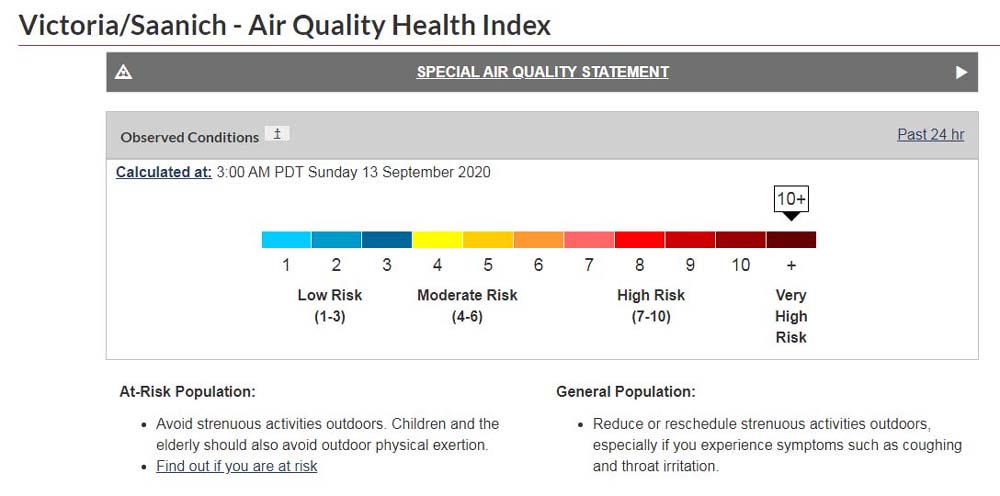
Most regions in BC are being impacted or are likely to be impacted by wildfire smoke over the next 24-72 hours, as stated by Environment BC in a bulletin on Friday morning, within their September 11 smoky skies bulletin.
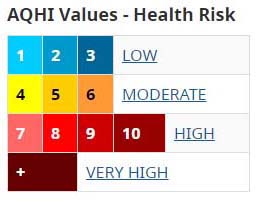
The BC Air Quality Health Index interactive map shows 10+ (Very High Risk) for Victoria and the West Shore for Sunday September 13.
The online map is updated every 60 minutes. The dark maroon colour in the BC Air Quality Health Index (AQHI) indicates 10+ (Very High Risk).
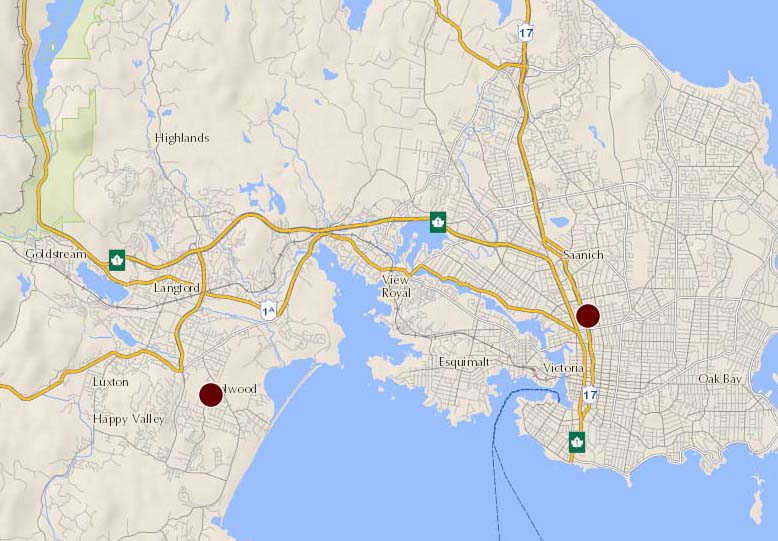
“Smoke impacts due to long-range transport from wildfires in the western United States have already been observed in some areas of Vancouver Island, the Lower Mainland, and portions of the interior. Smoke forecast models indicate the potential for a significant push of smoke into BC throughout the weekend,” it was stated in the Environment Canada alert for BC.
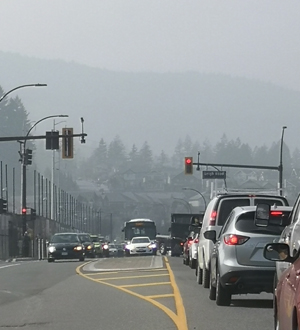
The Environment Canada map for smoke impact this weekend shows all of Vancouver Island captured by the smoke:
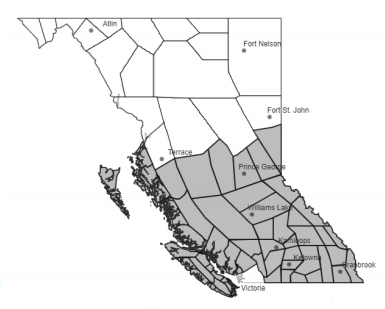
Health tips during smoky skies:
COVID-Factor:
The BC Centre for Disease Control warned back in July that air quality impacts from wildfire smoke can lead to greater risk for acquiring the COVID-19 viral infection.
- Avoid activities that create more indoor and outdoor air pollution, such as frying foods, sweeping and vacuuming, and using gas-powered appliances.
- Most face masks worn to reduce COVID-19 risk provide limited protection from wildfire smoke.
“Air pollution such as wildfire smoke can have a negative impact on your immune system. It can irritate the lungs, cause inflammation, and alter immune function, making it more difficult to fight respiratory infections such as COVID-19,” said Sarah Henderson, senior scientist, Environmental Health Services, BCCDC.
Follow your common sense:
• Stop or reduce your activity level if breathing becomes uncomfortable or you feel unwell.
• Stay cool and drink plenty of fluids.
• If you have asthma or other chronic illness, carry any rescue (fast-acting) medications with you at all times and activate your personal care plan that has been designed with your family physician.
• Make sure that children and others who cannot care for themselves follow the same advice.
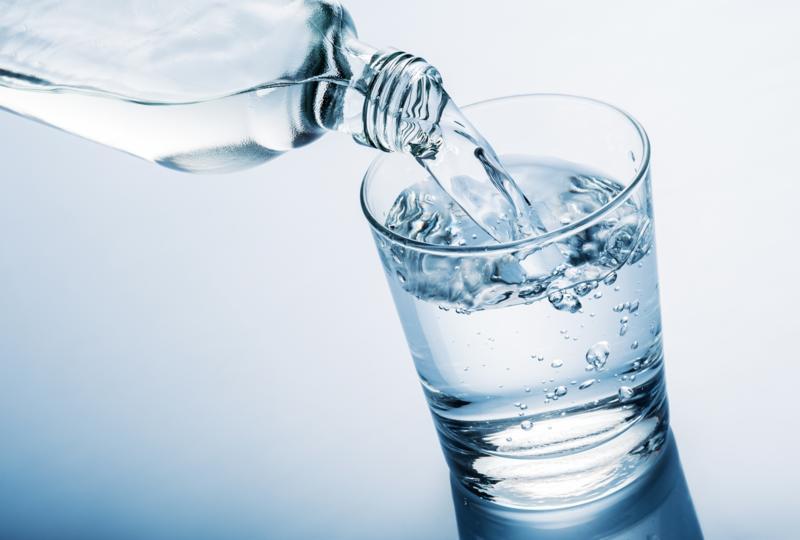
Monitor your symptoms:
• People respond differently to smoke. Mild irritation and discomfort are common, and usually disappear when the smoke clears.
• Exposure to wildfire smoke and the virus that causes COVID-19 can both result in respiratory symptoms such as a dry cough, sore throat, or difficulty breathing. Use the BC COVID-19 Self-Assessment Tool to help determine whether you need further assessment or testing for COVID-19.
• If you are unsure whether you need medical care, call HealthLink BC at 8-1-1.
• If you are experiencing difficulty in breathing, chest pain or discomfort, or a severe cough, contact your health care provider, walk-in clinic, or emergency department.
If you are having a medical emergency: call 9-1-1.
Tips to reduce your smoke exposure:
• Smoke levels may be lower indoors but will still be elevated, so stay aware of your symptoms even when you are indoors.
• Running a commercially available HEPA (high efficiency particulate air) filter can improve indoor air quality in the room where the device is located.
• If you have a forced air heating/cooling system in your home, it may help to change the filter and set the fan to run continuously.
• Reduce indoor air pollution sources such as smoking, burning incense, and frying foods.
• If travelling in a car with air conditioning, keep the windows up and the ventilation set to recirculate.
• If you are very sensitive to smoke, consider moving to another location with cleaner air, but be aware that conditions can change rapidly.
• Maintaining good overall health is a good way to prevent health effects resulting from short-term exposure to air pollution.
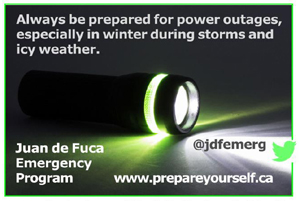
Additional general information about wildfire smoke and air quality:
• Current Air Quality Health Index (AQHI) and air quality measurements
- Victoria/Saanich Air Quality Index
- Smoke forecasts (next 48 hours):
- ◦ Environment and Climate Change Canada FireWork prediction system
- ◦ Blue Sky Canada Smoke Forecasting System
Weekend Air Quality Advisory (from Friday September 11, 2020)
Juan de Fuca Emergency Program – updates on Twitter @jdfemerg
Air quality and COVID-19 – by BC Centre for Disease Control (July 13, 2020)



